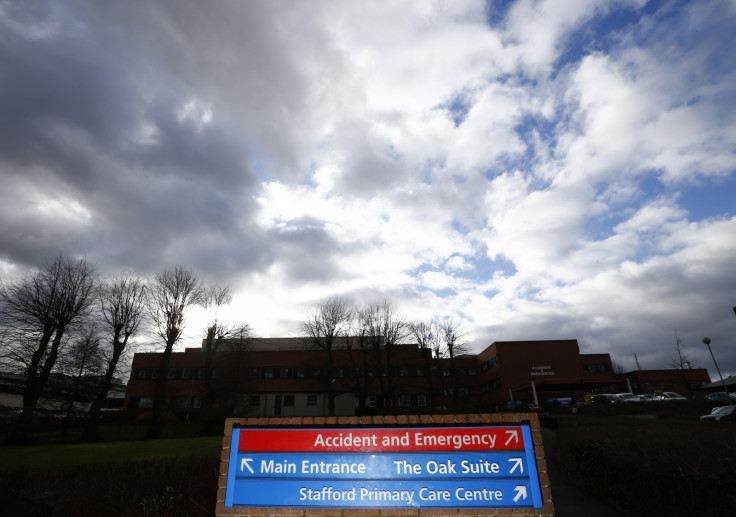NHS England Needs £2bn Extra Funding to Avoid 'Financial Crisis' – The King's Fund

NHS England needs an extra £2bn in funding next year to prevent a "financial crisis", according to The King's Fund.
The thinktank said that the settlement agreed for the NHS in 2015/16 should be re-opened by George Osborne as part of his Autumn Statement and warned that, unless money is found, patients will bear the cost.
"There is scope to improve productivity in the NHS, but this will not be enough to respond to unprecedented pressures on budgets and meet rising demand for services," said Chris Ham, the chief executive of The King's Fund.
"Recent pledges from the main political parties to increase funding are welcome but it is clear that none of them have yet addressed the scale or the urgency of the financial challenge facing the NHS.
"With deficit reduction still a high priority, finding an additional £2bn ($3.1bn, €2.5bn) in the Autumn Statement is a very big ask.
"However, unless more money is found, a financial crisis is inevitable next year and patients will bear the cost as waiting times rise and quality of care deteriorates."
The thinktank said that the NHS faces "huge pressures" as a result of an "unprecedented funding squeeze", rising demand for services and the need to safeguard quality of care following the Francis report into the tragic events at Mid Staffordshire NHS Foundation Trust.
The King's Fund also called for a new transformation fund to be established early in the next parliament to pay for the development of new community-based services and help meet the costs of the transition from old to new models of care.
The recommendations come after the Health Secretary, Jeremy Hunt, admitted that he had taken his children to A&E instead of waiting to see a GP.
"I've taken my own children to an A&E department at the weekend precisely because I didn't want to wait until later on to take them to see a GP and I think we have to recognise that society is changing and people don't always know whether the care that they need is urgent or whether it is an emergency, and making GPs available at weekends will relieve a lot of pressure in A&E departments," the Conservative told MPs.
This is despite the government's advice to patients that they should avoid casualty but for the most serious cases.
NHS Choices recommends that, generally, people should visit A&E or call 999 for "life-threatening emergencies".
Hunt made the comments in reply to a question from fellow Conservative Lorraine Fullbrook, who asked if the health secretary supported the flexibility offered by locally led initiatives by clinical commissioning groups (CCGs) to see GPs in the evenings and at weekends.
© Copyright IBTimes 2024. All rights reserved.






